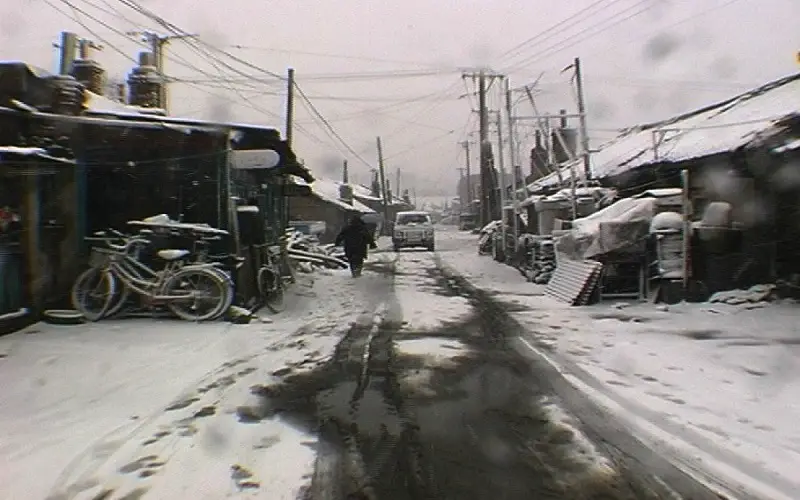
Documentaries are non-fictional and based on actual events or situations. Through documentaries, we witness the raw reality of a culture or a society. If we talk about Chinese documentaries, there are plenty of good documentaries and films that you can watch. It provides us with a gateway to explore the rich culture and reality of the country without any glitzy filters. Through these documentaries, we explore the untold stories, legends, and mysteries of the culture. This helps to see the Chinese culture in a different light and a different perspective. Here is the compilation of Chinese documentary films you must watch.
1. Four Springs
Four Springs is a documentary film released in 2017 and directed by Lu Qingyi. The documentary shows the daily life of an elderly couple, the director’s parents. They live in a small village in Dushan, in Guizhou province in Southern China. The film shows the daily activities of the elderly couple, which include taking a stroll in nature, visiting friends and family at gatherings and get-togethers, etc. This film won many awards, including the Golden Horse Film Festival and First International Film Festival Xining for best documentary.
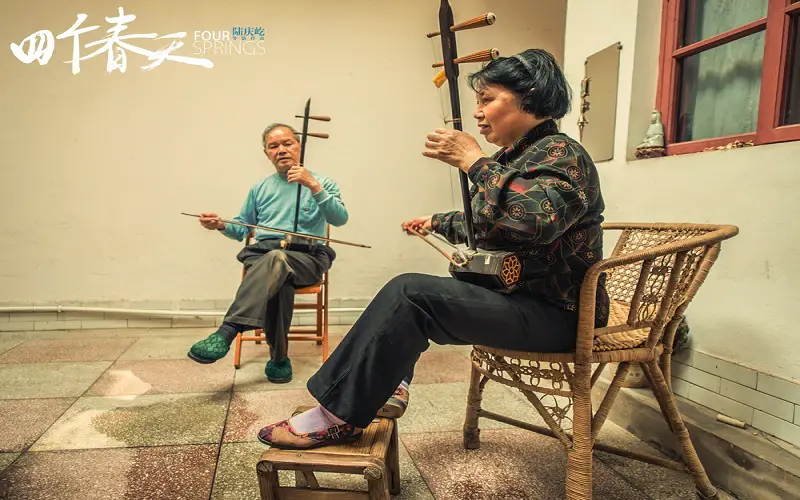
2. Day And Nights In Wuhan
Day and Nights in Wuhan is a documentary film released in 2021, directed and written by Cao Jinling, and co-produced by the Chinese Communist Party. The film tells the story of the city of Wuhan devastated by the pandemic virus. The documentary takes us through the lives of the people of Wuhan, which includes the patients, medical professionals, and residents who were affected by the deadly virus.

3. Mama Rainbow
Mama Rainbow is a documentary film released in 2012 and directed by Fan Popo. The film focuses on the acceptance of homosexuality in Chinese communities. The Chinese community is quite non-accepting when it comes to homosexuality, with not being able to understand the concept of it. But, with time, things are changing and Chinese parents are getting to know about the whole story around it and accepting them. The film features six mothers from around the country who share their views and acceptance stories of their children who come out as homosexual individuals.
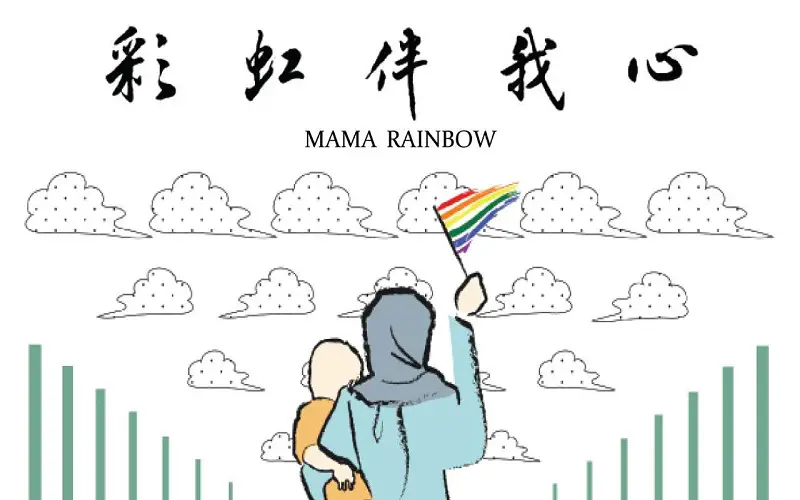
4. Twenty-Two
Twenty-Two is a documentary film released in 2017 and directed by Guo Ke. The documentary takes us through a journey of the lives of twenty-two older women. During WWII, the Japanese army forced around 200,000 women into prostitution. Today, only twenty-two of them are alive to tell the story of their sufferings. They are now in their 80s and 90s. The documentary portrays their story in a detailed but sensitive way.
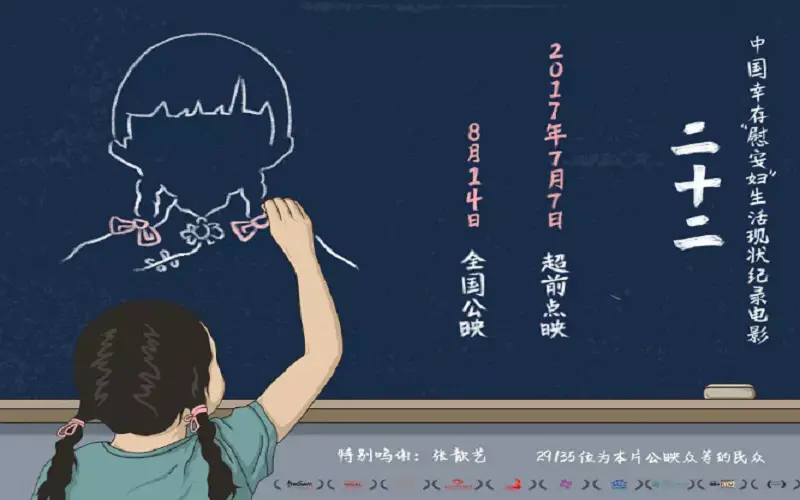
5. The Chinese Mayor
The Chinese Mayor is a documentary released in 2015 and directed by Zhou Hao. The documentary film tells the story of the mayor named Geng Yanbo of Datong, who transformed the most polluted city into a beautiful tourist attraction. He made the place a cultural attraction by displacing over 500,000 residents and reconstructing the walls of the ancient 14th-century Ming Dynasty. The documentary received many awards, including the Sundance Film Festival for special Jury Prize – Documentary, Asia Pacific Screen Awards for Best Documentary Feature Film, and many more.
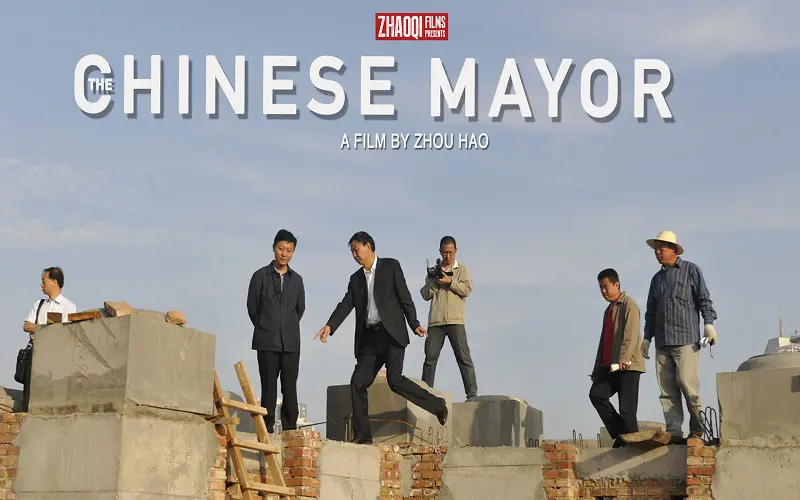
6. Please Vote For Me
Please Vote for Me is a Chinese documentary film released in 2007 and directed by Weijun Chen. The film revolves around three students in grade three of Evergreen Primary School in Wuhan. The documentary captures the election to elect the class monitor. These three students are selected by their teachers to stand for elections. The competitors must first compete in an event where each of them has to play an instrument. In the second round, they have to debate about the weaknesses of the other two candidates and talk about their qualifications. Finally, in the third round they have to give a speech directly to the students in their class. These candidates are also backed by their parents at home, who guide them through the election.
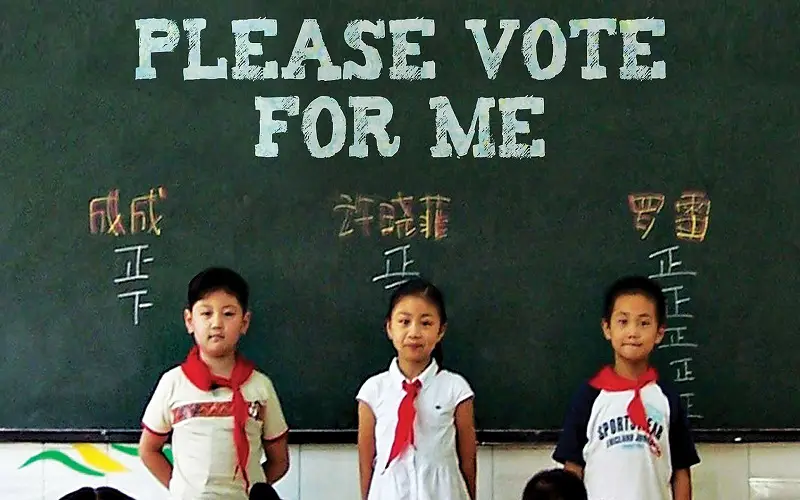
7. Last Train Home
Last Train Home is a documentary film released in 2009 and directed by Lixin Fan. The documentary shows how the Chinese make massively move back to their hometown during the Chinese New Year. The film also shows the story of a teenage girl whose parents also moved to the city to work in a factory to earn money. At the same time leaving their child behind in their hometown. The girl is not happy with the situation as she gets to meet her parents only once a year, feels deprived of love, and grows up to be a rebellious teen. This is the story of many young children in China whose parents moved to the city to earn some more money.

8. Mrs. Fang
Mrs. Fang is a documentary film released in 2017 and directed and written by Wang Bing. The documentary focuses on the last ten days of a 68-year-old woman named Fang Xuiying. She is left alone in a village and suffers from Alzheimer’s disease. Unfortunately, she was neglected by her family and neighbors and led a very lonely life. The documentary was filmed in two parts: one when her symptoms were quite advanced in 2015, and the second part was filmed in the last moment of her life. The film won the Golden Leopard Award at the Locarno Film Festival in 2017.
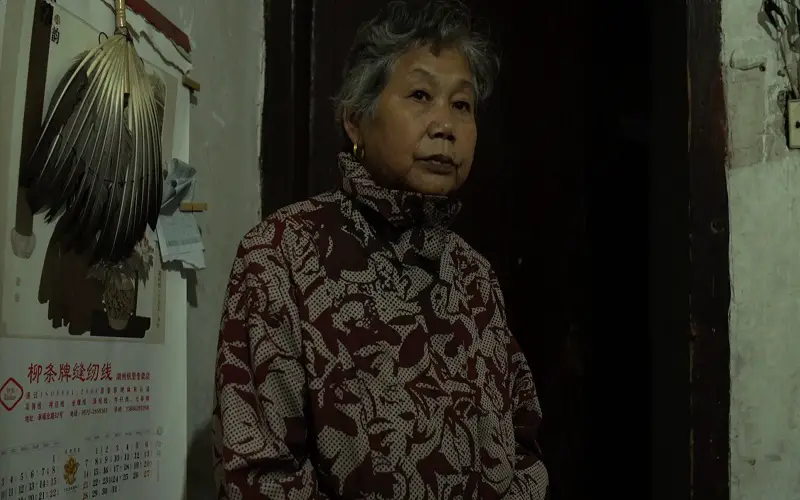
9. Up The Yangtze
Up The Yangtze is a Chinese documentary film released in 2007 and directed and written by Yung Chang. The documentary focuses on two individuals whose lives are connected to the riverboat cruise ship floating on the Yangtze River. A sixteen-year-old girl from a low-income family named Cindy works on a cruise ship and serves wealthy customers. Her family is forced out of their houses as the village is affected by floods. The second character is about another nineteen-year-old boy named Chen Bo Yu, who works on a cruise ship as a porter and singer to earn money.
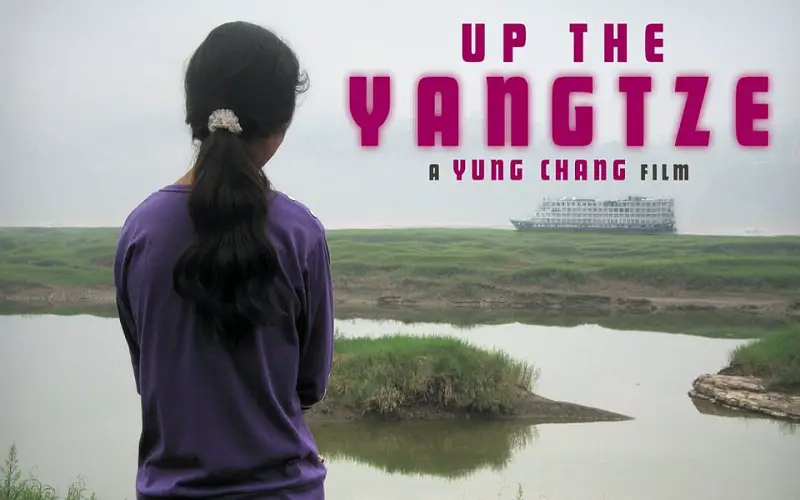
10. Tie Xi Qu: West Of The Tracks
Tie Xi Qu: West of The Tracks is a Chinese documentary film released in 2002 and directed by Wang Bing. The documentary was filmed in two phases, one in 1999 and the other in 2001. The documentary is of three parts Rust, Remnants, and Rails. These three parts cover the decline of Shenyang’s industrial Tiexi District. It shows how the industry had no safety precautions, and the workers were exposed to hazardous waste and soon transitioned to the slow decline of the industry.
